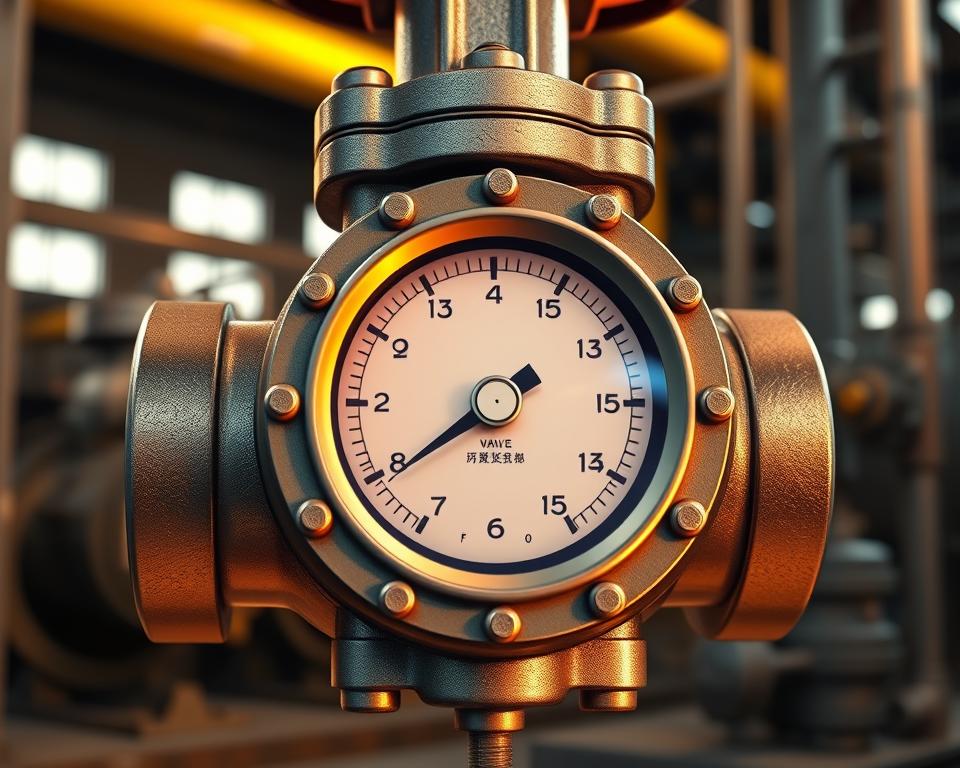Cast Iron Gate Valves: Key Features, Advantages, and Applications
Can one reliable valve reduce maintenance and extend system uptime?
I manufacture and supply Cast Iron Gate Valve Manufacturer at Yaxing Valve, and I back their build quality and support for U.S. customers. The range is designed for a long service life in municipal and light industrial water systems.
Each unit pairs a sturdy iron body with a machined wedge track and easy handwheel control. This yields trustworthy isolation, serviceable upkeep, and steady performance in building mechanical rooms, fire protection loops, and utility distribution.
I work with specifiers to speed submittals and deliver clear details: sizes, end connections, pressure classes, and accessories. My site also keeps account preferences and carts with cookies so repeat orders are simple.
If you’re seeking a practical swap or economical pick for upcoming projects, compare these cast-iron gate valve advantages against your current hardware to see lifecycle value and real-world fit.
Reliable Flow Control: Why I Trust Yaxing Valve Cast Iron Gate Valves
I verify each Yaxing Valve product myself to confidently recommend it for demanding U.S. applications.
Industrial performance anchored by a robust cast-iron body
Each unit uses a robust cast-iron body to resist deformation under load. Precision machining with metal-to-metal seating provides tight shutoff at critical moments.

Designed to maximize flow with minimal pressure drop
The flow path is shaped to reduce turbulence and pressure loss. This helps pumps operate efficiently while reducing energy consumption.
- Dimensions and testing are validated to ANSI norms and internal criteria.
- I refine stem/wedge/bonnet interfaces to reduce friction and maintain consistent torque over time.
- I balance body thickness for durability and installer-friendly weight.
- Support docs include tests and standards to help procurement finalize quickly.
| Design Feature | Primary Benefit | Specification |
|---|---|---|
| Robust iron body | High rigidity | Meets dimensional stability targets |
| Streamlined gate | Lower pressure loss | Boosts pump operating efficiency |
| Finished stem/handwheel interfaces | Smoother operation | Stable torque for extended life |
| Spec documentation | Quicker approvals | ANSI-aligned test reports |
Cast Iron Gate Valves: Materials, Design, and Performance Essentials
I outline the body, sealing, and stem choices to make selection and ordering straightforward.
Body, bonnet, and wedge materials
Material stack-up: cast-iron body and bonnet, precision-machined wedge, metal-to-metal seat interface for dependable shutoff in water service and general industry.
Stem/Handwheel configurations
For compact layouts, I offer non-rising and inside-screw stem options. Every thread form and packing scheme is listed in the product details.
Performance limits and standards
I provide qualified pressure/temperature ranges and ANSI-aligned end connections so engineers can confirm fit quickly.
- Stem/handwheel interface tuned for steady torque.
- Smooth internal geometry reduces headloss.
- Clear series IDs and submittal specs accelerate approvals.
| Part | Material/Type | Limit | Comments |
|---|---|---|---|
| Body and Bonnet | Cast-iron | 150 psi | ANSI flange dimensions; welded or bolted |
| Valve wedge | Precision-machined metal | −20°–180°F range | Metal-to-metal seating, low headloss finish |
| Valve stem | Inside-screw / non-rising | Not pressure rated | Threads/packing documented |
| Series | YX-100 / YX-200 | Sizes 2″–12″ | Part numbers simplify bidding |
Modern Applications, Install, and Operation
I advise contractors/owners on best-fit placements in today’s water and utility circuits. My aim is to keep selection, installation, and checks straightforward so crews finish commissioning without call-backs.
Applications in waterworks, buildings, and general industry
Use a full-bore unit where low restriction matters — long mains, service feeds, and bypass lines benefit the most.
Where vertical space is constrained, use non-rising or inside-screw stems in mechanical rooms and process loops.
Installation guidelines
Protect the body during handling by lifting at rated points and avoiding flange stress. Confirm end alignment before final bolt torquing to prevent leaks and distortion.
Pick gaskets compatible with your media, follow a cross-torque sequence, and set support spacing to avoid pipeline sag.
O&M notes
Place the handwheel for comfortable reach and confirm smooth movement after packing adjustments.
Schedule torque checks under pressure, inspect wedge and packing, and confirm operating range versus the media. Log tag numbers in your maintenance account and link work orders in your CMMS.
| Category | Recommended Action | Timing | Result |
|---|---|---|---|
| Application mapping | Use full-bore on mains; inside-screw/NRS in tight spots | Design phase | Lower headloss; space savings |
| Handling and install | Lift at rated points, align ends, cross-torque | Field install | Prevents leaks and flange distortion |
| Operating checks | Check smooth handwheel feel and pressure-test | Commissioning & routine | Predictable operation and tight shutoff |
| Recordkeeping | Tag units and connect to CMMS/account | Ongoing | Faster parts tracking and replacements |
Correct handling/commissioning extends service life and keeps Resilient Seated Gate Valve performing and looking like new.
Specify the Right Iron Gate Valve with Me at Yaxing Valve
Contact me with your line size, pressure expectations, and flow needs and I will match the exact series and type to your duty range and temperature limits.
A short checklist helps submittals pass first review: ends, inside-screw or non-rising choice, handwheel orientation. I also note stem handwheel and screw details for clear install guidance.
See the gallery for high-res images and layout views that show clearance and operator reach. Create an account so I can save specs, track valves by tag, and link drawings and a one-page PDF for the field.
Reach out for a quick quote—I’ll confirm stock, lead times, series alternatives, and help you finish the order while you review the gallery. Cookies are only used to keep your session and cart ready.
